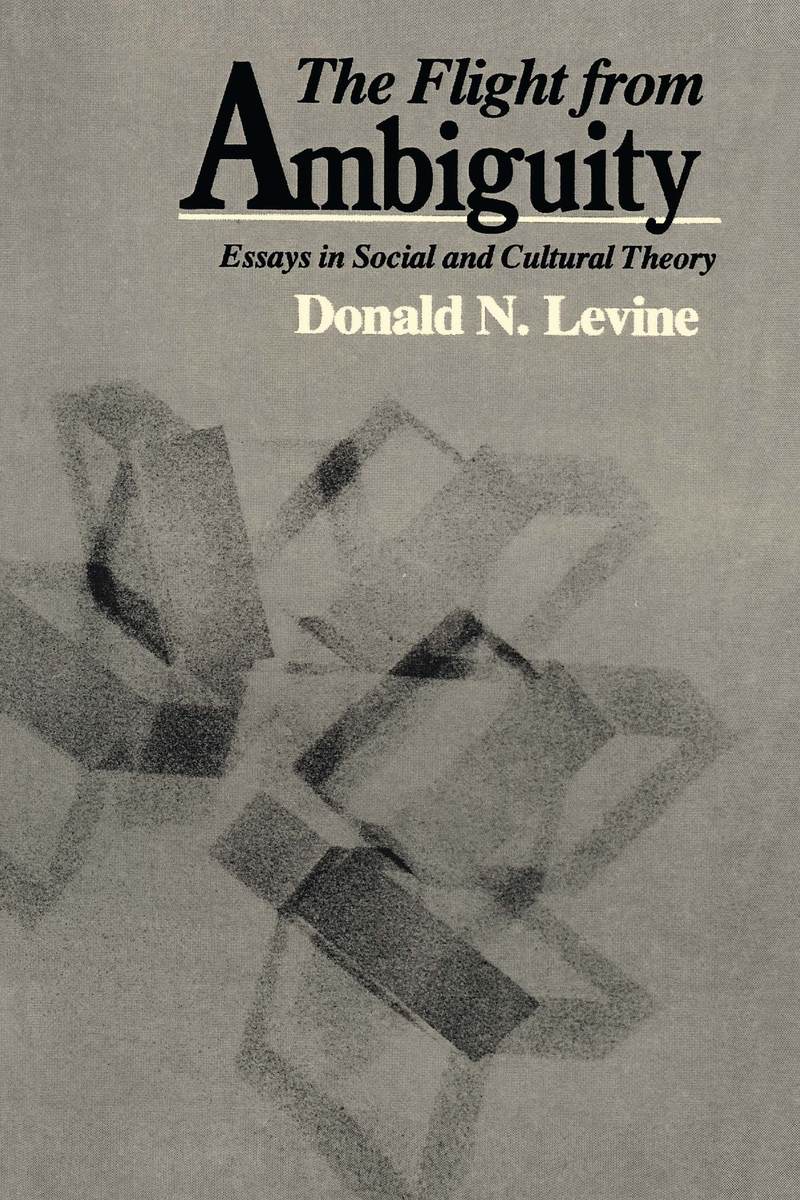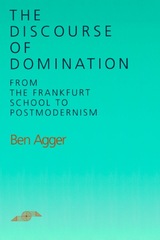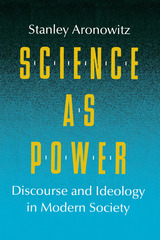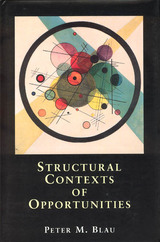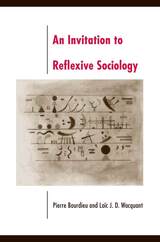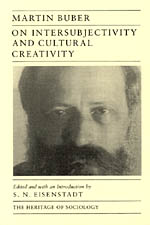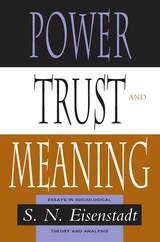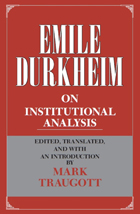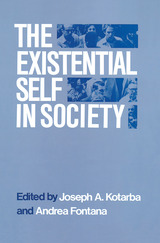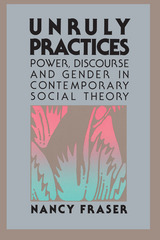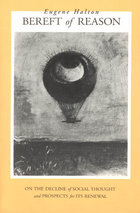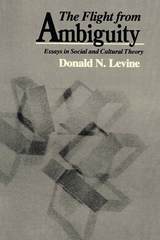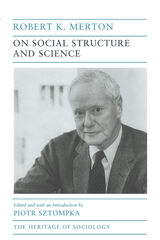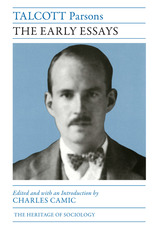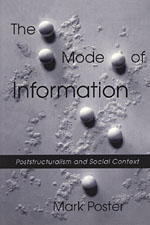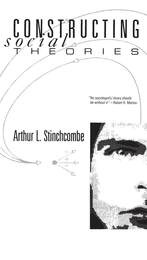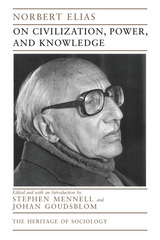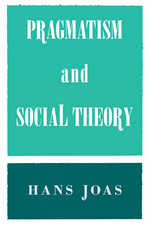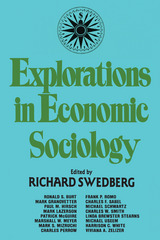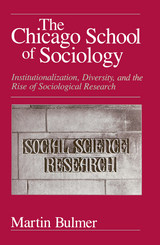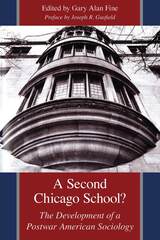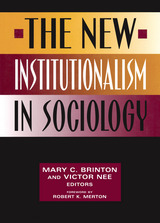The Flight from Ambiguity: Essays in Social and Cultural Theory
University of Chicago Press, 1985
eISBN: 978-0-226-05621-0 | Paper: 978-0-226-47556-1 | Cloth: 978-0-226-47555-4
Library of Congress Classification HM24.L456 1985
Dewey Decimal Classification 301.018
eISBN: 978-0-226-05621-0 | Paper: 978-0-226-47556-1 | Cloth: 978-0-226-47555-4
Library of Congress Classification HM24.L456 1985
Dewey Decimal Classification 301.018
ABOUT THIS BOOK | AUTHOR BIOGRAPHY | TOC | REQUEST ACCESSIBLE FILE
ABOUT THIS BOOK
The essays turn about a single theme, the loss of the capacity to deal constructively with ambiguity in the modern era. Levine offers a head-on critique of the modern compulsion to flee ambiguity. He centers his analysis on the question of what responses social scientists should adopt in the face of the inexorably ambiguous character of all natural languages. In the course of his argument, Levine presents a fresh reading of works by the classic figures of modern European and American social theory—Durkheim, Freud, Simmel and Weber, and Park, Parsons, and Merton.
See other books on: Ambiguity | Flight | Levine, Donald N. | Rationalism | Social
See other titles from University of Chicago Press
